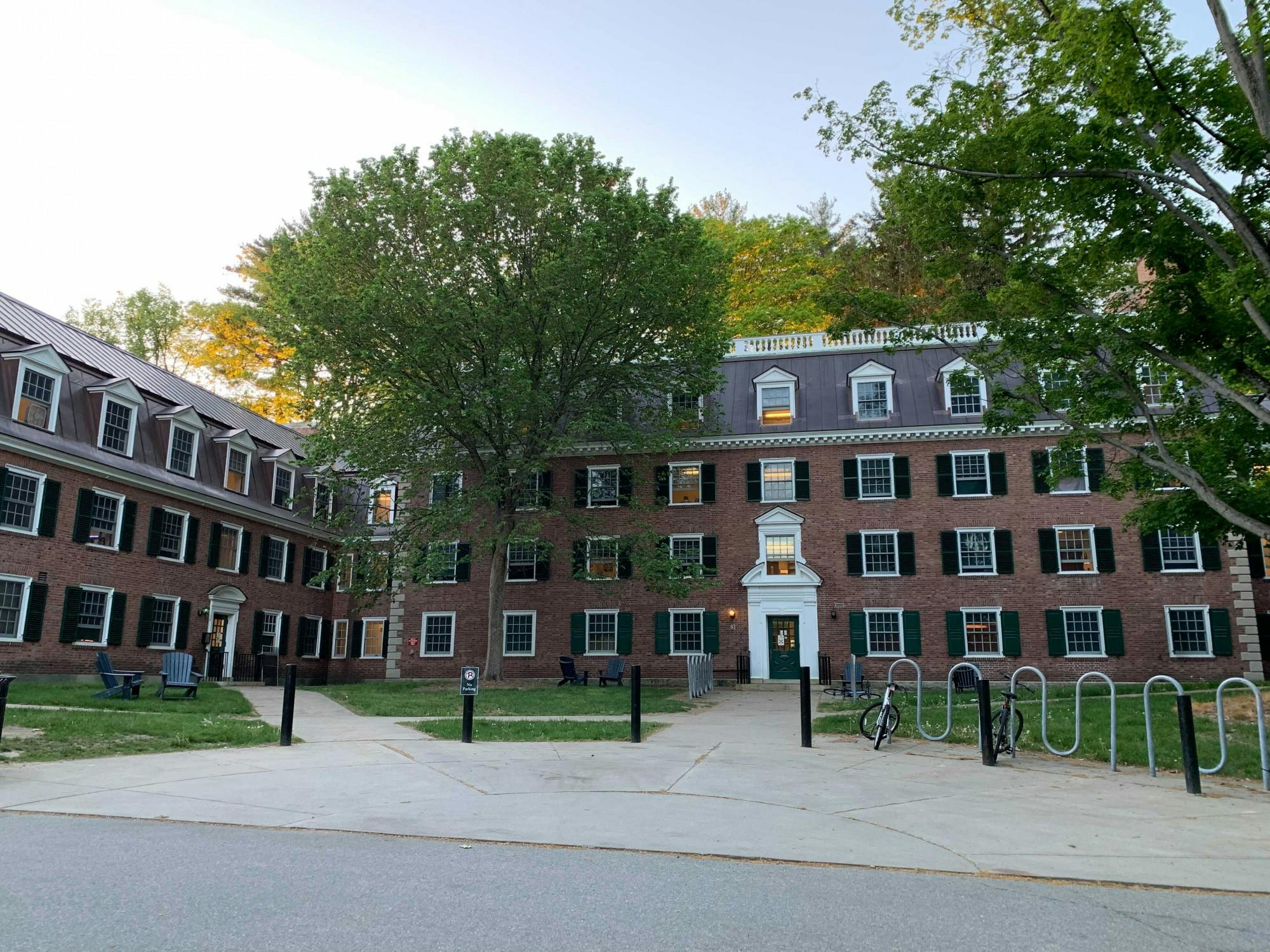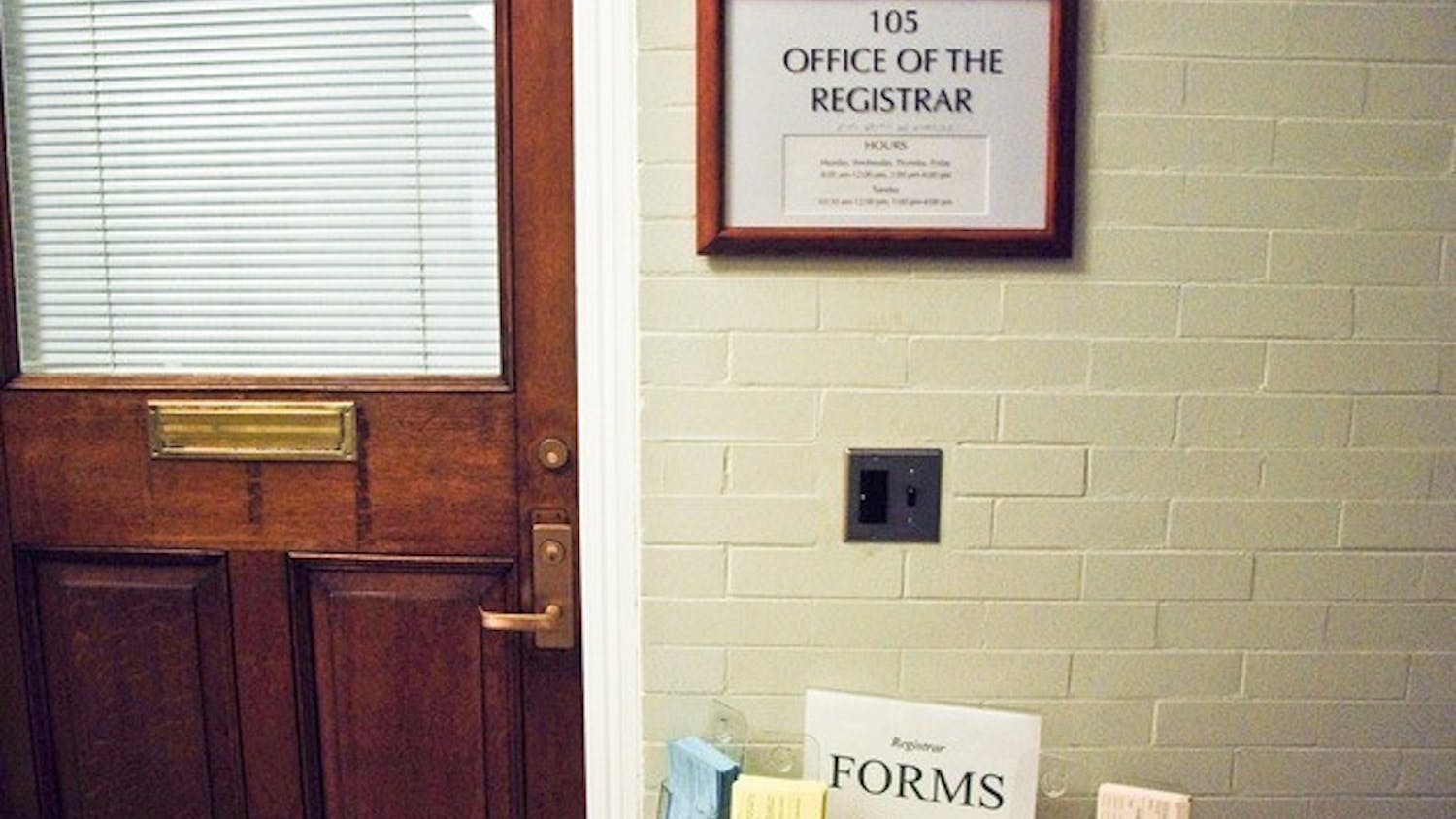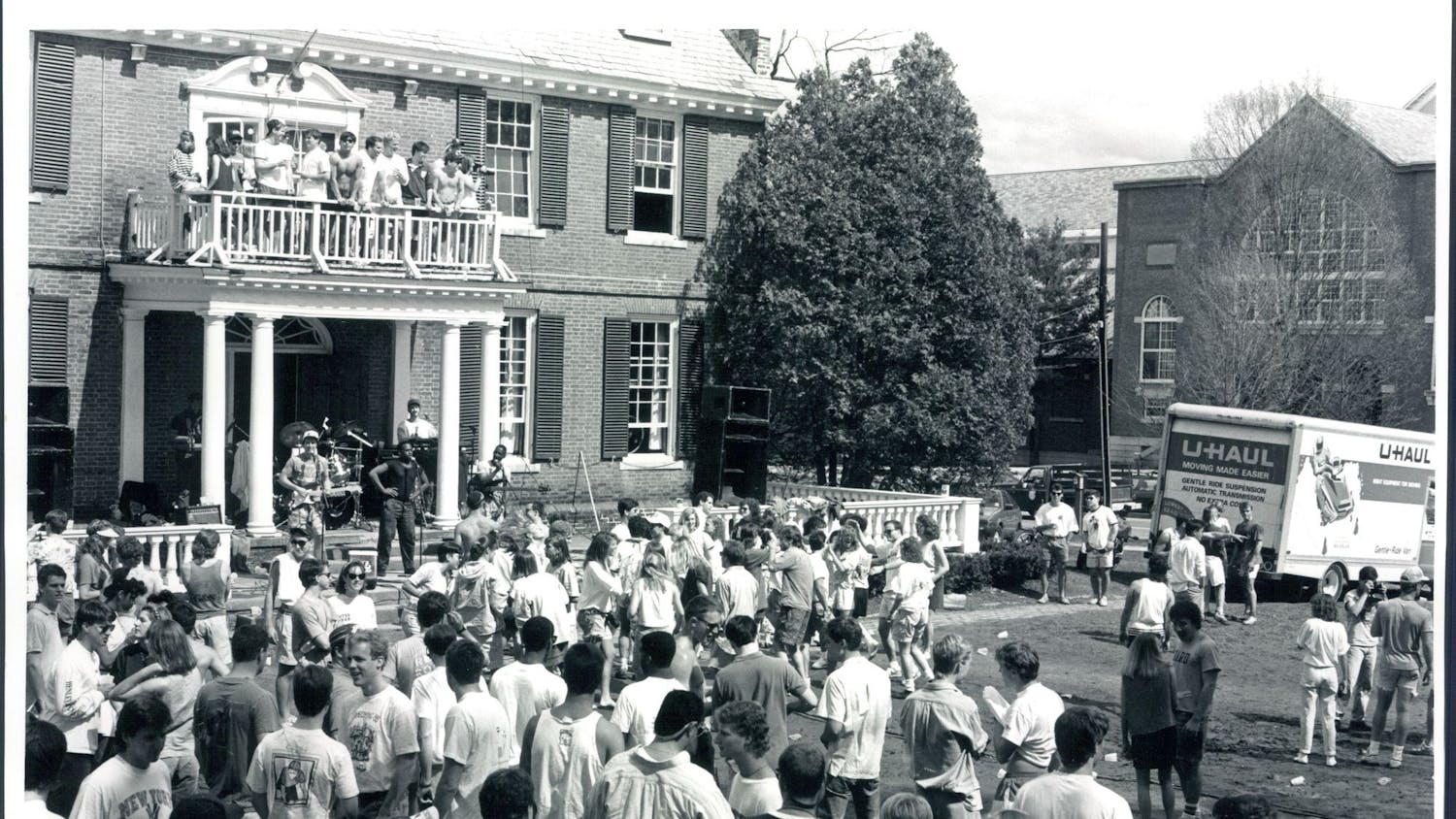On May 14, students living on campus this summer received notification through the online housing portal of the College’s decision to leave all residences without air conditioning for the duration of the summer term. In response, students residing on campus next term have voiced frustration with the decision and questioned its grounds.
According to the notification, the College decided not to offer climate control in order to “err on the side of consistency” given that “few” residences this summer have the option available. Associate dean of residential life Michael Wooten did not reply to requests for comment.
Hubert Galan-Vargas ’23 said that when he first read the email sent by the Office of Residential Life, he “overlooked” the announcement about air conditioning because he was excited to find out his housing assignment. Galan-Vargas, who was last on campus for the 2020 winter term, said that upon “reflection,” he found himself “really frustrated” with the administration.
“This is not [the administration’s] first sophomore summer, so [I wonder], how did they conduct this in previous years?” Galan-Vargas said. “I was really trying to justify [their decision] because I was so excited for sophomore summer. But to describe my feelings now, I would just say really frustrated.”
Galan-Vargas called Dartmouth’s decision to leave all buildings without air conditioning a “ploy” to save money.
“I think that they could easily just leave all the buildings with AC on and provide air coolers or other [alternatives] to air conditioning for dorms that don’t have AC” he said. “But I think that [Dartmouth] is trying to take the route that's cheapest for them. And that puts students’ physical and mental health literally at the bottom of the priority list.”
In the summer of 2018, no on-campus residence halls housing Dartmouth students except Alpha Phi sorority’s house, Kappa Delta sorority’s house and the Triangle House offered air conditioning. In response to a heatwave that brought temperatures into the 90s, the College set up cots in Sarner Underground that summer to provide students with an alternative sleeping space. At the time, The Dartmouth reported that it was the first time since 2011 that students were offered cots in response to extreme heat.
The following summer, the College housed students in the East Wheelock cluster — where rooms are fully air-conditioned — and opened Hitchcock Hall — where the common room is air-conditioned — as an overflow.
ORL prohibits students who live in on-campus residence halls from installing their own air conditioners “for safety reasons.” According to Dartmouth’s student housing portal, however, the office of residential operations will offer air conditioning to students with a documented medical need.
Anahita Kodali ’23 said that while she was also frustrated with the College’s decision to leave all buildings without air conditioning, she believes that the problem goes beyond air conditioning, adding that the campus should invest in infrastructure in all its dorms so that they are more accessible for students.
“I think that the College needs to build air conditioning in all the dorms,” Kodali said. “I think it [also] needs to make sure that all of the dorms are wheelchair accessible by doing things like building elevators and building ramps.”
In April, the College created the Infrastructure Renewal Fund, which will in part be used to upgrade residence halls over the next several years.
Lucas Joshi ’23 said that although he will live in the Sigma Nu fraternity house this summer — and thus have access to air conditioning — he believes that it is “unacceptable” for climate control to not be offered during the summer months in all buildings.
“It goes without saying that the summer becomes very hot,” Joshi said. “And when your room reaches 80 to 85 degrees [without any air conditioning], it’s unacceptable for an institution to call this fair and equitable for students. I think this is really a basic necessity that has not been provided.”
While residences were closed last summer due to the pandemic, international and other students permitted to stay on campus were given assignments in the McLaughlin cluster, where air conditioning was available. This summer, however, students will be placed in Andres, Fahey, Lord, McLane, Mid and South Massachusetts, New Hampshire, Streeter, Topliff and Zimmerman Halls and the Native American House, not all of which have access to air conditioning
Traditionally, only sophomores are on campus and take classes during the summer term, although some students from other classes will be on campus this summer as well. In the Community Conversation on April 14, Wooten noted that he expects the campus to see a 30 to 40% increase in the number of students on campus compared to a typical term, as many members from the Class of 2022 will join the Class of 2023 after not having an in-residence sophomore summer last year. In an email statement at the time, College spokesperson Diana Lawrence wrote that the College had to “confirm how many students will be on campus” before committing to offering air-conditioned housing for all students.
Alejandro Morales ’24, who will be on campus next term, said they disagreed with the College’s withholding of air conditioning in all dormitories, calling the decision “extremely unfair” for students whose dorms are equipped with air conditioning.
“[The administration] said it’s about equity and being fair, and that’s just, like, such a BS response,” Morales said. “I think the reality is they’re seeing how much they can get away with trying to save money and being cheap.”
Regardless of the housing situation, many students are relieved to be back on campus in the summer. Galan-Vargas said that he is looking forward to seeing his friends after six terms of being off campus, noting that he feels like he’s “matured” since the last time he’s seen them.
“I’m just excited to be in a space with them,” he said. “We had amazing experiences last time [we were on campus]. So I’m just excited to see how things pan out from now just because I feel that we’ve all grown and changed so much.”
Lorraine Liu ’22 contributed reporting.
Correction appended (May 25, 2021): A previous version of this article misidentified Joshi as a member of the Class of 2022. The article has been updated to reflect that he is in the Class of 2023.
Daniel Modesto ’24 is the News executive editor. He is from Brooklyn, New York, and is a Native American and Indigenous Studies major modified with Latin American, Latino and Caribbean Studies.




